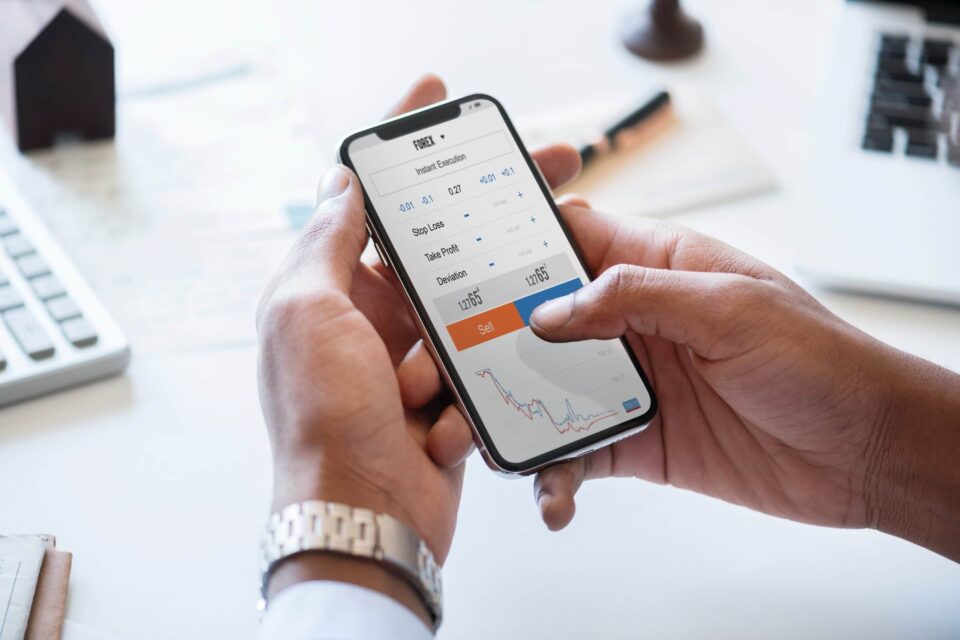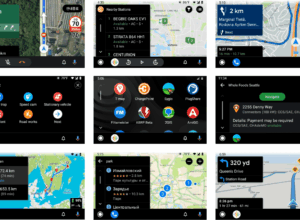Since childhood, we have been told that everyone has a right to privacy. It is a basic human right that we all have the power to exercise.
But in the past few years, this topic has gone from being a basic human right to a debatable requirement while surfing the internet.
In this article, we will establish the need for digital privacy and whether or not it will be an obsolete concept in the coming future with practical examples and case studies.
What exactly is digital privacy?
Digital privacy refers to the security of three types of personal data points which are susceptible to breach through the use of the internet. These are:
Communication Privacy
It refers to the privacy of different types of communication we undertake over the internet, including text messages, emails, and verbal or voice message.
Information Privacy
It refers to the privacy over the various information which is stored inside your smartphone or laptop. This information may include passwords, apps used, websites accessed, people you have contacted etc.
Individual Privacy
Individual privacy includes personal information about an individual’s life such as their home and work address, biometrics.
When this information is sent to someone, or if an unauthorised person gains access to this information without your knowledge or consent it is a breach of your digital privacy.
How privacy violation occurs?
The government of every country has set forth some laws which prohibit the unauthorised use of personal information for any purpose with the knowledge of the owner.
If a person gains unauthorized access to someone’s private information they are liable for punishment. But most of the software and internet companies and service providers have found a way around it.
They realise that people tend not to read the whole privacy agreement and just click on Agreed button in a hurry to use their impressive products or services.
They use this tendency to their advantage by including subtle clauses in it which gives them access to the private information.
They target certain data points about a person which include, the websites and webpages they visit through cookie data, the accounts you have liked on Instagram, the people you are friends with, the posts, comments and messages you share, location, personal information such as phone numbers, address, account number, bank details, even your online shopping list.
They justify this data theft by saying they are doing so to improve the user experience and to tailor their services to your needs.
With the up and coming of the internet of things, everything is now connected to the internet in some way.
The concept of Internet of things assignment to devices has made it a lot easier for the hackers and the various companies to compile a list of data points and co-relate them to a person. By doing this they can know more things about you than your mother.
How our private information is being used?
With your behaviour pattern and sensitive information at their fingertips, they can easily affect or manipulate you without even leaving a desk.
The private information or data points which are collected is sold by companies to various marketing and advertising companies. The information has become the biggest asset of the 21st century with the coming of the digital age.
Yes, that’s how the Adidas originals you googled about a week ago appeared on your amazon advertisements today. A week is an exaggeration.
Here are some major examples of how the data collected by big reputed companies are being sold to different advertising agencies:
We all know that the CEO of the company Mark Zuckerberg was under trial for some serious allegations by the American congress. Among many of the charges, data theft was the main point of focus in this trial.
It was found that Facebook had been monitoring the activities of its user and collecting information which includes but not limited to, their liked posts and pages, their private chat messages, comments, and even their personal information uploaded on their profile.
They were accused of selling this data to marketing agencies all over the world.
Google was also charged with tracking the users location, texts and even their call logs and selling them.
Google being the parent company of Android has access to information about billions of android users.
It was uncovered that in addition to selling the data to advertising companies, Android was sending information to a remote server in China, which led prosecutors to question their involvement with the Chinese government.
On top of that, it was also noted that this server was gaining this information with proper authorization of google and not through some malware.
Apple
Yes, another major smartphone operating system provider is also a part of this trade. Similar to Google, Apple was also charged with stealing user’s private information from their smartphones and selling it to the various companies without their knowledge.
WhatsApp & Instagram
Everything was seemingly well until WhatsApp and Instagram both were bought by Facebook. WhatsApp and Instagram both have been found to monitor and share private conversations or users with other parties without consent.
One other suspicious behaviour which was noticed was that the algorithms followed by both apps were altered after they were bought by Facebook.
Uber
The involvement of Uber proves that this scam is much bigger we had previously thought. Uber was also charged face sharing personal information about their users to different companies all over the world. They were found guilty and had to pay a fine of $20,000.
Cambridge Analytica
Once again Facebook was under the spotlight, for the trading personal information of its users to outside agencies.
Cambridge Analytica is the UK based big data Analysis Company, which received user information from Facebook among other companies and analysed this information to create strategies and fulfil political agendas.
They formed advertising strategies which focused on certain groups of people to influence them. This influence could make a serious change in the future of a country.
What does the future hold?
Our lives have become so intertwined with the internet daily that is next to impossible to imagine a life without it in the current scenario. But the luxury of the internet to ease our lives comes at a price, which is your privacy.
In the next decade, all of your lives will become “smart”, which is to say that we will be surrounded by the technology of the internet of things.
Every device we know will get the prefix smart with them. Be it phones, cameras, speakers, watches and even vehicles. Internet of things is going to be as necessary as electricity.
With internet services getting cheaper to get more and more people to use it, people will soon have to make a difficult choice of choosing between convenience and privacy.
Even after the revelation of big names in the data theft business, the scope of privacy breach is very wide and we can’t even fathom how deep the rabbit hole goes.
There are some possible measures that we can see to protect ourselves from this menace. Such as:
- Data encryption to safeguard confidential information while sharing it.
- Using a VPN while surfing the internet is of dire necessity.
- Regulation of new laws and acts in imminent in the future.
- Storing data off the grid.
- Reduce the usage of social media
Author Bio:
My name is Victor Grey. I have worked as a content writer for various publishing houses through my career. I have 12 years of overall writing experience out of which the past 3 years have been as a writer for Assignment Writing Help. I have also published various articles and blogs on education and career building.







